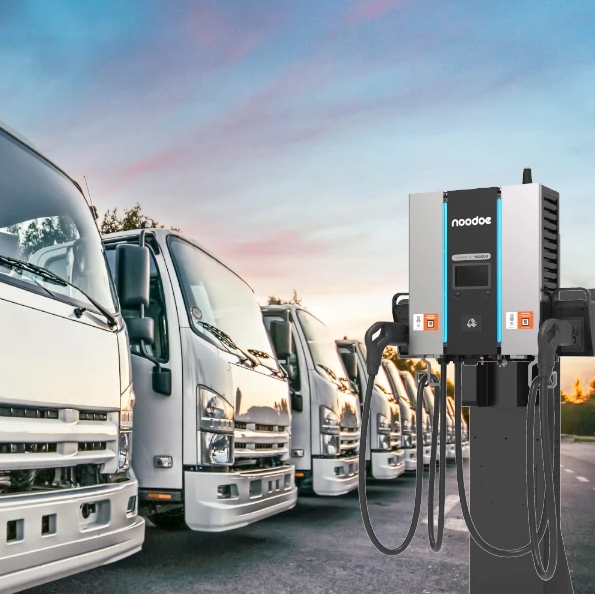
EV Charging Times: How Long Will it Take to Charge my Car?
Share
As more and more charging stations get installed and our charging infrastructure grows, we are seeing a common question pop up more and more frequently; “how long will it take to charge my car?” Today we will do our best to try to give you an answer, however this depends on a few factors:
- Battery Capacity: The size and capacity of an ev’s battery plays a crucial role in determining the charging time. Generally, larger battery packs take longer to charge compared to smaller ones.
- Charging Method: The charging method you choose also affects the charging time. There are three primary methods: Level 1 charging, Level 2 charging, and DC fast charging. Each method has different power levels and charging speeds. Let’s dig into these.
Different Charging Options:
- Level 1 Charging: Level 1 charging is the slowest but most widely accessible charging option. It uses a standard 120-volt household outlet and typically provides a charging rate of 2 to 5 miles of range per hour. A full charge for an average EV with a range of 200 miles could take around 40 hours.
- Level 2 Charging: Level 2 charging stations require a dedicated 240-volt outlet. These stations are typically found in homes, workplaces, and public charging stations. They offer higher charging rates, typically providing 10 to 30 miles of range per hour. Charging a 200-mile range EV with Level 2 charging could take approximately 8 to 12 hours.
- DC Fast Charging: DC fast charging, or Level 3 charging, is the fastest charging option available. These high-powered charging stations deliver significant energy to the battery, providing around 60 to 80 miles of range in just 20 minutes of charging. However, the charging speed tends to taper off as the battery fills up, so it may take longer to charge the remaining percentage.
As we’ve witnessed in just the last few years, Innovation in charging technology is rapidly advancing, with increased range and reduced charging times being a priority for manufacturers. We can continue to expect to see battery technology advance. An example of this is the development of solid-state batteries, which could lead to increased energy density, faster-charging rates, and longer-lasting batteries. Another example; wireless charging, also known as inductive charging, eliminates the need for physical connections between the vehicle and the charging infrastructure. This technology enables vehicles to charge when parked over a charging pad or while driving on specially equipped roadways, greatly enhancing convenience.
For your specific make and model, there are some fantastic references online that can help you get a more accurate idea of charge times. Also, be sure to check with your manufacturer directly as they will be able to provide you with accurate information on these charging times as well. If you have any questions or any blog suggestions be sure to let us know at info@ecokruz.com! Happy motoring!
